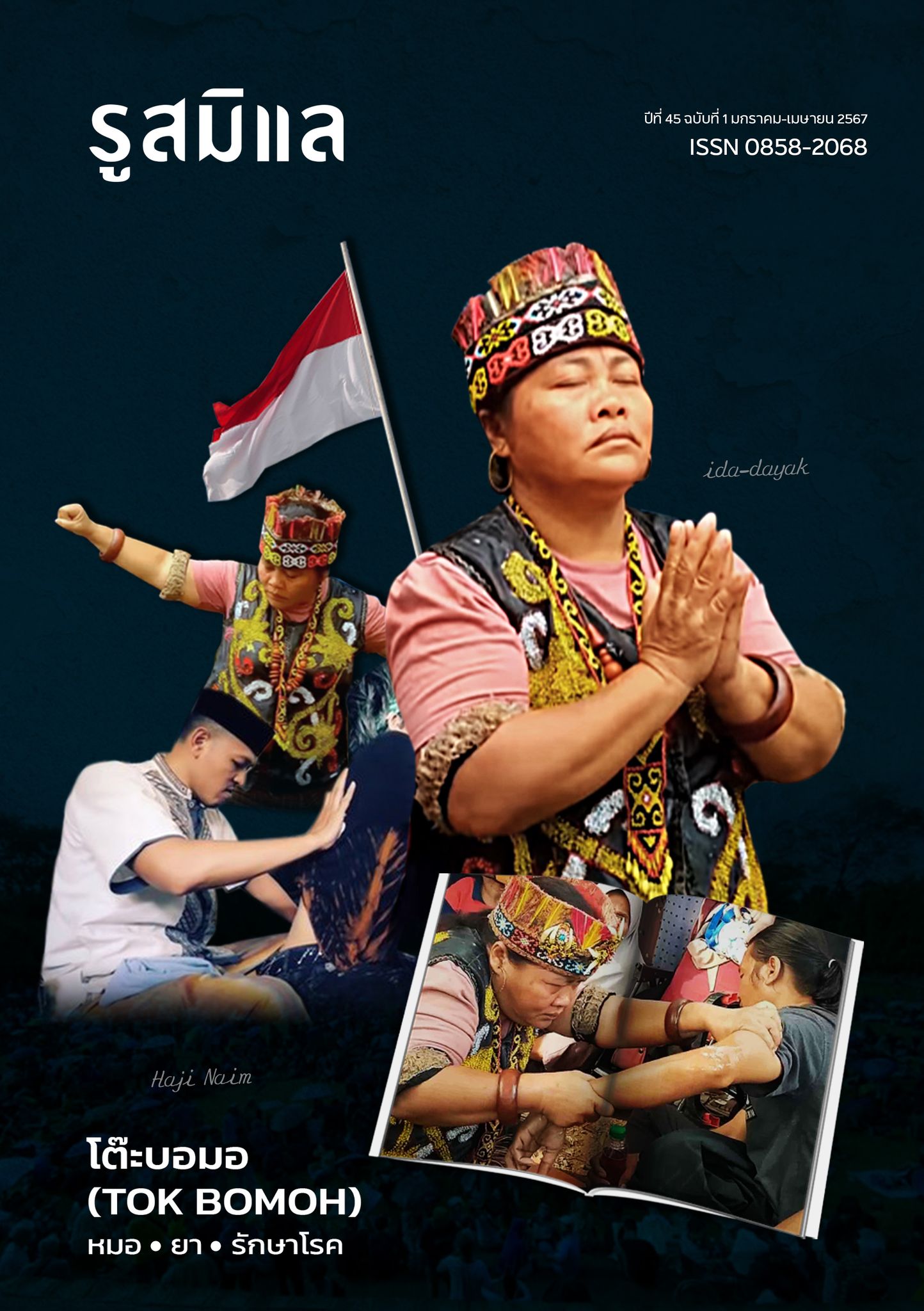Traditional Bone-Setting Practices of Tok Bomoh Madame Ida Dayak and Haji Naim Massage in Indonesian Culture
Abstract
Traditional bone-setting practices of Tok Bomoh Madame Ida Dayak and Haji Naim Massage are imbued with substantial cultural and therapeutic significance within Indonesian society. This study endeavours to elucidate traditional healing methods, delineate the therapeutic techniques and processes entailed, and investigate the interplay between indigenous knowledge and digital integration in contemporary times. Employing a qualitative research methodology, specifically the “Anthropology of Experience”, this anthropological approach seeks to comprehend experiences, realities, cultural expressions, and individual perspectives within distinct cultural milieus. This inquiry delves into the modalities through which individuals perceive, comprehend, and ascribe meaning to their life experiences. The findings of the research were subjected to holistic analysis, focusing on an in-depth understanding of individual experiences and their nexus with broader cultural dimensions. The investigation discerned essential similarities and disparities in the traditional medicinal practices of Madame Ida Dayak and Haji Naim Massage, covering elements such as therapeutic arenas, treatment methodologies, ethno-medicine, and related promotional channels. Moreover, the swift progression of technology and information dissemination has been observed to exert a favourable influence on the conservation endeavours of traditional medicine. This research contributes to the cataloguing and safeguarding the traditional medicinal practices in Indonesian culture, accentuating the importance of natural resources and local wisdom in healthcare, providing comprehensive insights into Indonesian traditional medicine, and nurturing a continuum for future generations to connect with their ancestral heritage.
Downloads
Published
How to Cite
Issue
Section
License
บทความในวารสารรูสมิแลเป็นของผู้เขียนแต่ละท่าน ผู้ประสงค์จะนำข้อความใดๆ ไปเผยแพร่
ต้องได้รับอนุญาตจากผู้เขียนตามกฎหมายลิขสิทธิ์ และแจ้งให้ทางกองบรรณาธิการทราบ
กองบรรณาธิการขอสงวนลิขสิทธิ์ในการตัดทอน/ปรับแก้ถ้อยคำเพื่อความเหมาะสม



